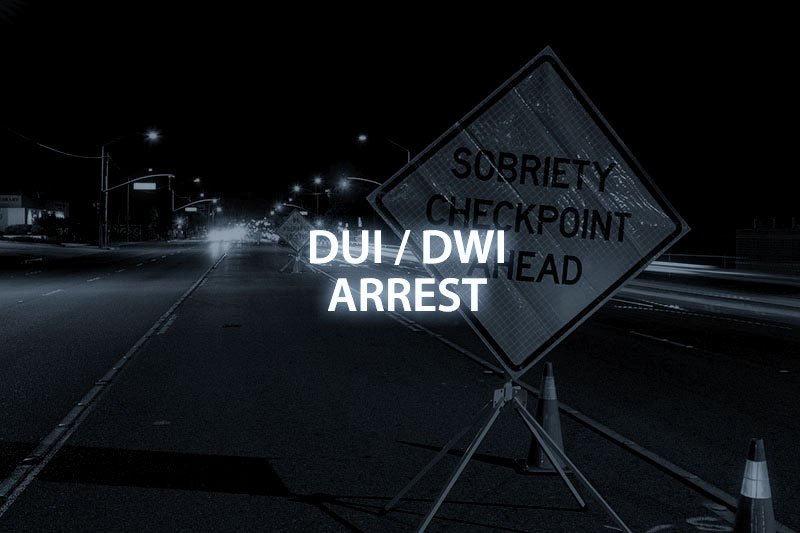Driving Under the Influence (DUI) is a serious offense in California and can have severe consequences on multiple aspects of one’s life, particularly on driving privileges. Understanding how a DUI conviction affects your driver’s license and knowing the steps to regain driving rights is crucial. This post will cover the California Department of Motor Vehicles (DMV) administrative process, the implications of license suspension, and the pathway to obtaining a restricted license.
DMV Administrative Process
Upon being arrested for a DUI, the officer will usually confiscate your California driver’s license and issue a temporary license that is valid for 30 days. The DMV is then automatically notified through a document known as DS-367. Once this happens, you have only 10 days to request a DMV hearing to contest your license suspension. Failure to schedule a hearing within the 10-day window will result in an automatic suspension of your driving privileges, beginning on the 31st day after the arrest.
DMV Hearing
The DMV hearing is an administrative procedure, separate from the criminal court proceedings. The primary issues the DMV considers are:
- Whether the officer had probable cause to arrest you,
- Whether you were driving with a BAC of 0.08% or higher,
- Whether the arrest was conducted lawfully.
This hearing can be instrumental as it provides a chance to potentially retain your driving privileges pending the criminal court’s verdict.
License Suspension
Following a DUI conviction in criminal court, your driver’s license can be suspended according to the specifics of the case. For a first-time DUI, the suspension period typically is six months. Subsequent offenses or factors like refusing a chemical test may result in longer suspension periods. During the period of suspension, the license is entirely invalid for any private vehicle use.
It’s important to note that the DMV and court suspensions can overlap, but they are not entirely the same. For instance, if the DMV suspends your license after the hearing and the court also imposes a suspension, these can sometimes run concurrently.
Obtaining a Restricted License
If your driver’s license is suspended due to a DUI conviction, you may be eligible to apply for a restricted license, which allows you to drive to, from, and during work and to DUI treatment programs. The eligibility and restrictions depend on several factors:
- First-time DUI: Typically, after serving 30 days of your suspension, you can apply for a restricted license. This usually requires demonstrating enrollment in a DUI treatment program, filing proof of financial responsibility (SR-22), and possibly installing an ignition interlock device (IID) in your vehicle.
- Multiple DUIs: For those with multiple offenses, obtaining a restricted license gets progressively challenging. Often an IID installation and longer periods of suspension before eligibility are required.
Ignition Interlock Device (IID)
An IID is a breathalyzer for your vehicle. It requires the driver to blow into a mouthpiece on the device before starting the vehicle. If the device detects alcohol on the breath, the engine will not start. As of January 2019, California law mandates that repeat offenders for DUI or those who refuse to take a BAC test must install an IID for a period ranging from one to four years, depending on the number of offenses.
DUI Defense Attorney Caryn Warren Can Help!
The repercussions of a DUI conviction in California are severe and can significantly affect your ability to operate a vehicle legally. Navigating the DMV’s administrative process and understanding your rights to a hearing are critical first steps after an arrest. Subsequently, understanding the nuances of license suspension and the potential for obtaining a restricted license can help prepare for the adjustments required in your daily life following a DUI conviction. Always consider consulting with an experienced DUI attorney who can provide guidance tailored to your specific circumstances and help you through both the DMV and court processes following a DUI charge.
Personal Injury & Criminal Defense Services Available Throughout
Greater Sacramento, Yolo, Placer, and Solano Counties
Antelope, Arden-Arcade, Auburn, Benicia, Carmichael, Citrus Heights, Davis, Dixon, Elk Grove, Fairfield, Fair Oaks, Folsom, Galt, Gold River, Granite Bay, Iselton, Lincoln, Loomis, North Highlands, Orangevale, Rancho Cordova, Rio Linda, Rio Vista, Roseville, Rocklin, Sacramento, Suisun City, Vacaville, Vallejo, West Sacramento, Winters, Woodland

